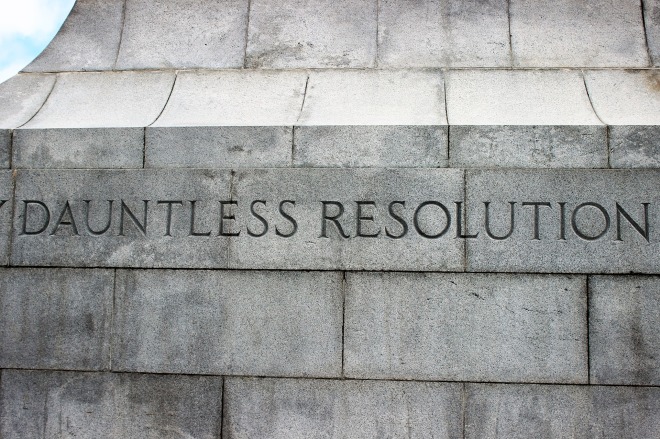
“..whoever wants to become great among you must be your servant, and whoever wants to be first must be your slave.” Matthew 20:26-27
Most have heard of the Age of Enlightenment which occurred at the end of the 18th century in Europe. It marked the age of reason and humanism, leading to an elevation of the religion of man. It was the turning point to Post Christianity.
Three centuries later, we are encountering the Age of Entitlement, particularly in the next generation. It is growing and is very real. A recent study revealed that millennial professionals scored 25% higher on entitlement issues than those 40-60, and a remarkable 50% higher than those over 60.
Another study found millennials were 3 times as likely to have a narcissistic personality trait, which is entitlement on steroids.
What does entitlement look like? It means that a person believes he deserves certain privileges and is often arrogant about it. People have unreasonable expectations as to what they are entitled to or what they believe they deserve.
Things like the sense that one “deserves” a job because they graduated from college. If they have a job, they think they are underpaid or deserve more perks than co-corkers. Ask any business owner who has encountered this – you usually get an eye-roll response.
My post on “Arrogance” discussed this issue. One reader suggested that I should repost it every month. Nuff said.
Christopher Caldwell’s book traces the American “genealogy of our current discontent.” He places its roots to the 1960’s when the Great Society was created and the Civil Rights Act of 1964 enacted.
The legislation had unintended consequences. The reforms unleashed a federal bureaucracy to become the “eyes and ears” of civil rights enforcement causing almost every aspect of life to be inspected for proper racial balance.
The reforms were intended to end racial discrimination; instead, the process “nurtured it”. Racial neutrality was replaced with racial quotas, disparate impact, and affirmative action. These policies became the blueprint of change of constitutional culture for women’s rights, sexual preference, and “lately, gender identity.”
The “victims” are now entitled to special preferences, not because they deserve them, but because of who they are. Discrimination didn’t require intent; it could be inferred by the fact that a group did not have a “proper” racial or gender balance.
It continues today: Goldman Sachs, an investment banker, recently announced that it will not take a company public unless it has “at least one diverse member on its board”. Starting in 2021, they will require two women directors.
There is even a presidential candidate who claimed she was of Cherokee Indian descent to advance her education and career. She gamed the system to advance her own interests, using her “entitlement” as a native American to open doors. Tests later showed that she had less Indian DNA than most northern Europeans.
I mention all of this because I believe it is a relevant context for the next generation. It has set the stage for their own sense of entitlement. It has become the norm.
Tim Elmore unpacks it this way: “The source of entitlement is arrogance; the symptom of entitlement is resentment.”
On the flip side, Elmore notes: “The enemy of entitlement is humility; the antidote is gratitude.” One of MentorLink’s core values is for our leaders to embrace humility – Jesus was a servant leader who led from a position of humility, not strength, power or entitlement.
As one leadership expert notes: “Everything good in leadership starts with humility. Everything bad in leadership is rooted in arrogance.” “Arrogance demands and expects while humility receives and enjoys.”
The entitlement mentality is frustrating for prior generations who believe in self-reliance and that achievement of success is earned through effort, not position or entitlement. Those biblical values have been eroded in a post Christian era.
The challenge is that the next generation is sadly confused about what they are entitled to just for existing. They need help to overcome resentment over what they don’t have and learn to appreciate what they do have. That’s what being humble is all about. It starts with gratitude.
MENTOR TAKEAWAY: Your mentee may be arrogant and not realize it. You can help him develop an attitude of gratitude.
FURTHER READING: The Age of Entitlement by Caldwell (2020)
How to Overcome the Dangers of Entitlement – Leadership Freak
Five Steps to Reverse a Sense of Entitlement – Growing Leaders
WORSHIP: Listen to Good, Good Father by Chris Tomlin
MentorLink: For more information about MentorLink, go to www.mentorlink.org.
SUBSCRIBE: You can receive an email notice of each post by clicking on the icon at the top right corner and entering your email address.

 A damaged Notre Dame in Paris.
A damaged Notre Dame in Paris.

